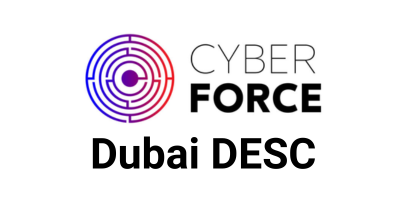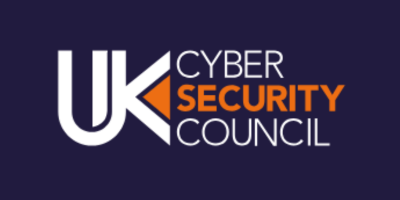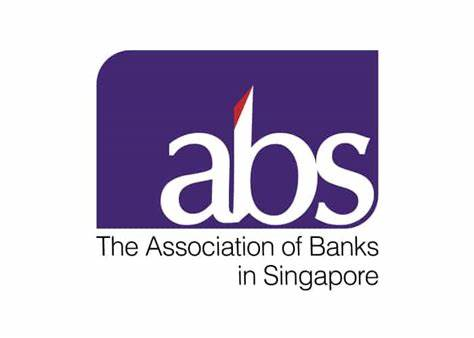The CCT APP exam syllabus defines the areas that are assessed within the CCT APP exam.
Candidates will be expected to find known vulnerabilities across common networks, applications, infrastructure and databases as well as new syllabus areas which include containerisation, cloud and macOS. CCT APP validates a practitioner’s ability to conduct vulnerability scans using commonly available tools and to interpret the results.
Successful CCT APP candidates will be able to demonstrate that they are qualified for Pen Test roles (indicative of 5-6+ years of experience) with respect to:
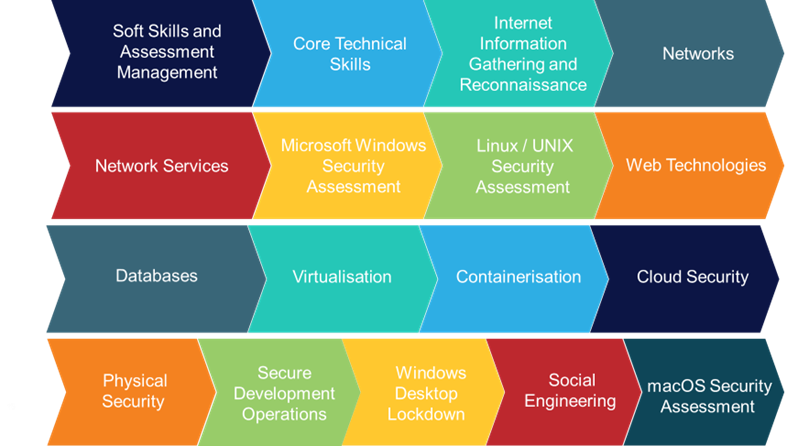
The above timescales are recommended, not mandatory.
- Soft Skills and Assessment Management
The candidate will have a good understanding of the Engagement Lifecycle, Compliance, Scoping, Managing Risk, Client Communications, Record Keeping, Reporting and Platform Preparation.
The candidate will a deep understanding of the use of prescribed tools to interpret output, Pivoting, Cryptography, and be able to conduct OS fingerprinting.
The candidate will demonstrate a deep understanding of Hardware Security.
The candidate will have a good understanding of Web Threat Modelling and Attack Vectors, and Server-Side Includes (SSI) Injection.
The candidate will demonstrate a deep understanding of Web Servers, Web App Frameworks, Mark up Languages, Web Languages, Web APIs, Web App Reconnaissance, Information Gathering, Web Authentication and Authorisation, Input Validation, Fuzzing, XSS, SQL, NoSQL, ORM, XML, LDAP Injections, Mail and OS Command Injection, Sessions, Cookies, Session Hijacking, XS Request Forgery, Mass Assignment, Web Cryptography, Directory Traversal, File Uploads, CRLF Attacks, Web App Logic Flaws and Client Side Vulnerabilities.
The candidate will demonstrate a deep understanding of SQL Relational Databases, MS SQL Servers, Oracle RDBMS, MySQL and PostgreSQL and NoSQL.
The candidate will have a good understanding of Pen Testing Authorisation, and Denial of Service and Resource Exhaustion.
The candidate will demonstrate a deep understanding of Virtual Private Clouds, Logging and Monitoring, IDAM, General Cloud Reconnaissance, and Host to Cloud Transition.
- Internet Information Gathering and Reconnaissance
The candidate will have a good understanding of DNS, Search Engines, News Groups and Mailing Lists, and Social Media.
The candidate will demonstrate a deep understanding of Website Analysis, Information Leakage, and Document Metadata.
The candidate will have a good understanding of network connections, Ethernet Protocols, VLAN Tagging, IPv4 and IPv6 Packet Manipulation, Network Architecture, Mapping, and Devices, TCP, UDP, NAC, Wi-Fi, Service Identification, and Host Discovery.
The candidate will demonstrate a deep understanding of IPv4, IPv6, Network Filtering, Traffic Analysis, Service Identification, and Network Intrusion Protection.
The candidate will have a good understanding of the concepts of Unencrypted Services (Telnet, FTP, SNMP, HTTP), Network Configuration Protocols, Management Services, (Telnet, Cisco Reverse Talent), SSH, HTTP, Remote Powershell, WMI, WinRM, RDP, VNC, X), Desktop Access, IPsec, FTP, TFTP, SNMP, SSH, NFS and its security attributes, SMB including Win File shares and Samba, LDAP, Berkely R* Services and trust relationships, X, Finger, RPC Services, NTP, IPMI, VoIP, SMTP and Vulnerable Services.
The candidate will demonstrate a deep understanding of TLS/SSL, Name Resolution Services (DNS, NetBIOS/WINS, LLMNR, mDNS), and Network Authentication.
- Microsoft Windows Security Assessment
The candidate will have a good understanding of Windows Reconnaissance, Network and Active Directory Enumeration, Windows Processes, Registry, Windows Remote and Local Exploitation, Patch Management, Windows Desktop Lockdown, Active Directory Attack Paths, and Common Windows Applications.
The candidate will demonstrate a deep understanding of Windows Passwords, Windows File Permissions, Advanced Local Exploitation, and Windows Post Exploitation.
- Linux/UNIX Security Assessment
The candidate will have a good understanding of Linux/Unix reconnaissance, Linux/Unix Network Enumeration, Linux/Unix Processes, Linux Remote exploitation and Unix Exploitation.
The candidate will demonstrate a deep understanding of Linux/Unix Passwords, Linux/Unix File Permissions, Linux Local Exploitation, and Linux / Unix Post Exploitation.
The candidate will have a good understanding of Virtualisation Platforms (including VMware, MS HyperV, Citrix, Oracle VirtualBox and Linux KVM), VM Escape and Snapshots.
The candidate will have a good understanding of Kubernetes and LXD.
The candidate will demonstrate a deep understanding of Containers and Docker.
The candidate will have a good understanding of Locks, Tamper Seals, Platform Integrity, Boot Sequence, Disk Encryption, Recovery Functionality and Authentication.
- Secure Development Operations
The candidate will have a good understanding of Secure Code Practices, Security of the Development Lifecycle, Infrastructure as Code and Code Repository Security.
The candidate will have a good understanding of Phishing and its variations and Vishing.
- macOS Security Assessment
The candidate will have a good understanding of macOS, Remote Local and Post Exploitation, Reconnaissance and Passwords, macOS Network Enumeration and macOS file permissions.
You can find the full CCT APP exam syllabus here.




















